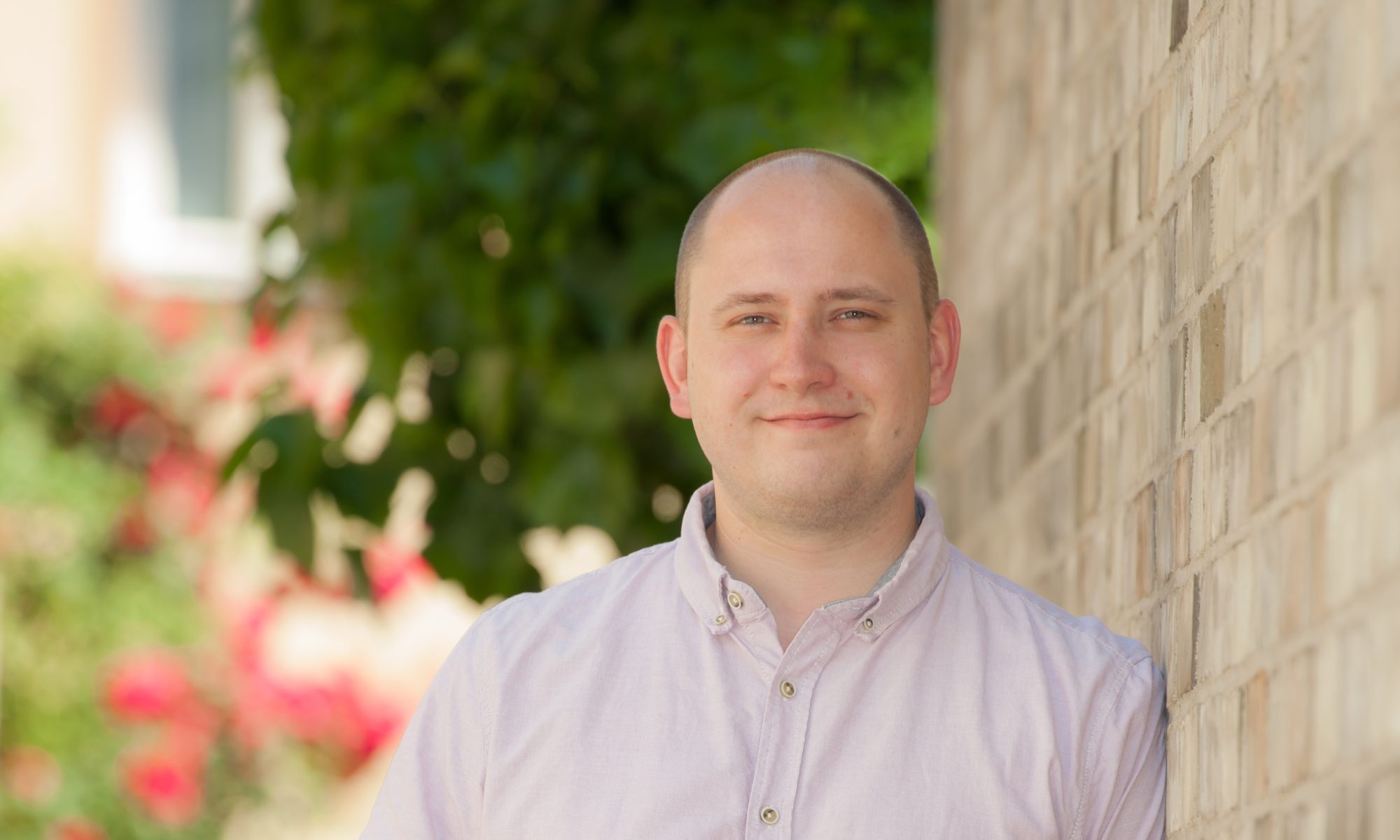Es ist Sommer und in Deutschland brennen die Flüchtlingsheime. Ich kann mich des Eindrucks nicht erwehren, dass wir PEGIDA- und Griechenlandgestressten lieber wegschauen würden. Für manche ist die aktuelle Welle von rechtsextremen Straftaten und Einstellungen eine unheilvolle Widerkehr der 90er-Jahre – und für uns Jüngere? Was macht dieser Sommer mit unserem Land, mit unseren Kirchen, mit uns? „Bitte gehen Sie weiter, hier gibt es nichts zu sehen!“ weiterlesen
Was heißt hier konservativ?
In der Sächsischen Landeskirche wurde in den letzten Jahren herzhaft diskutiert: über die Möglichkeit homosexueller Pfarrer_innen, mit ihren Partner_innen im Pfarrhaus zu leben und damit auch über die christliche Haltung zu Homosexualität im Allgemeinen, d.h. schlussendlich mal wieder über das Schriftprinzip. Wie sind die Bibelstellen zu verstehen, die homosexuelle Handlungen verdammen und was ist – wenn man so will – die Mitte der Schrift, wenn es um den heutigen Umgang mit homosexuellen oder transsexuellen Menschen geht? „Was heißt hier konservativ?“ weiterlesen
Bonhoeffer Nr. 2: (K)ein Heiliger
Auf theologiestudierende.de habe ich heute anlässlich des 70. Todestages Dietrich Bonhoeffers einen längeren Text geschrieben. Es geht darin vor allem um die Veränderungen im Bonhoeffer-Bild, die sich in den letzten Jahrzehnten ergeben haben, zwischen Verfemung, Verklärung und Vereinnahmung. Siebzig Jahre nach Bonhoeffers Tod ist der Kampf um sein Erbe nicht zu Ende, vielleicht gerade erst neu entbrannt.

Doch wäre es denn so schlimm, wenn vor allem dieser eine Satz, der mir wichtig geworden ist, in der ganzen Bonhoeffer-Verwirrung übrig bliebe: „Nur wer für die Juden schreit, darf gregorianisch singen.“ Oder das eine Gebet: „In mir ist es finster, aber bei dir ist das Licht“?
Nach deutlich mehr als siebzig Jahren ist es Zeit, Bonhoeffer weder zu verfemen, noch zu verklären, noch zu vereinnahmen. Wir brauchen Heilige nicht auf Grund dessen, was sie getan haben, sondern um zu lernen, wie sie es getan haben: In der Wendung zu denen, die keine Stimme, kein Obdach, kein Heil haben.
Bonhoeffer als Vorbild ergibt keinen Sinn, wenn es darum geht, einigen seiner Überzeugungen zu folgen, mögen sie uns noch so gut in unser je eigenes theologisches Konzept passen. Er taugt wohl als ein Vorbild – als Theologe und Christenmensch – wenn es um seine Haltung geht: sich nutzbar machen zu lassen für diejenigen, für die niemand sonst die Stimme erhebt, denen niemand sonst ein Zuhause schenkt, denen keiner Heil verkündet.
Good enough for me
For The Atlantic Olga Khazan has written a short piece about the findings of Barry Schwartz. In short, he deals with the effects our daily “choice overload” has for our health and happiness. He suggests we might be better off if we settle for the “good enough” instead of “the best”. By offering this life hack he surely is tackling our handling of the possibilities and dangers of the digital age and tech-consumerism.
“One of my favorite Schwartzisms is this: If you ever aren’t sure if you attended the very best party or bought the very best computer, just settle for “good enough.” People who do this are called “satisficers”, and they’re consistently happier, he’s found, than are “maximizers”, people who feel that they must choose the very best possible option. Maximizers earn more, Schwartz has found, but they’re also less satisfied with their jobs. In fact, they’re more likely to be clinically depressed in general.” (Olga Khazan: The Power of “Good Enaugh”, The Atlantic, accentuation by me)
I find these thoughts extremly helpful in my daily life as a reader and media consumer, as I too find it hard to survive in the haste and magnitude of news, pictures, texts and videos on the internet.
Given that a life hack is “any trick, shortcut, skill, or novelty method that increases productivity and efficiency, in all walks of life”, it springs to my mind that this simply isn’t good enough for me. In fact, I don’t think that my purpose is to solely maximize my productivity or efficiency in all walks of life, but to endure life as it is and fulfill the true meaning of being a human being. So it’s not just about getting better in wanting less, as good as this might be.
Schwartz’s thoughts reminded me of a sermon by Nadia Bolz-Weber which I read a few days ago (and you should read it too, btw). In it, Nadia speaks of a lifestyle far more profound and ancient than we come to suspect.
“In the beginning God created a good but imperfect world and populated this world with earthlings, made in God’s image – male and female. (as an aside – the text doesn’t say Male OR Female) God created them in God’s image male and female -formed from dust and the breath of God. So I doubt that a God who created a good, but imperfect world is one who expects perfection from us. As though we can somehow through our efforts or self awareness or idealism improve upon what God has created. I don’t understand why the Christian moto isn’t, if good, is good enough for God, then good is good enough for us.” (Nadia Bolz-Weber: A Sermon on the Occasion Of Paula’s Baptism)
For anyone who came into contact with Judaism, Christianity or any other philosophy related to the Bible, Nadia’s thoughts would appear neither new nor totally surprising. But they are a good reminder for what really matters. To settle with “good enough” isn’t laziness, as the reformed tradition of Christianity might tell you and it’s also not only a step to a healthy and happy life, it’s an act of imago dei. Which simply means to live in God’s footsteps.
That, too, includes our dealing with all the doubts and anger we sometimes have with our own faith or disbelieve. Because it means that our faith, as imperfect as it may be, simply suffices. Not everything that doesn’t fit in our lives today must be thrown away; maybe it will make sense someday and it will come in handy, dragging it all the way. Not all doubts must be solved, with some of them we will settle later and some of them will move out of the focus of our lives anyway.
What Olga Khazan tells us at the end of her article is certainly adoptable for our spiritual life too: “It can be hard, in our culture, to force yourself to settle for “good enough.” But when it comes to happiness and satisfaction -and God –, “good enough” isn’t just good—it’s perfect.”
Zur deutschen Version hier entlang.
